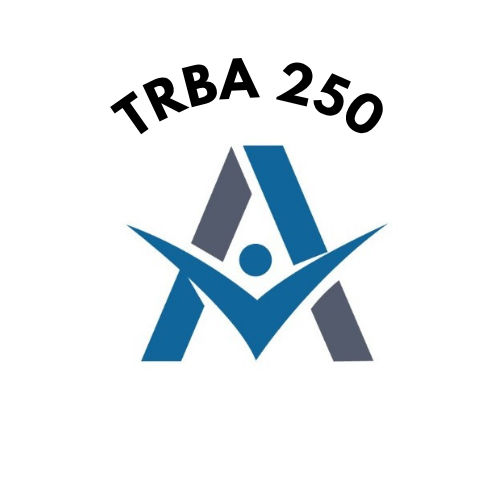TRBA 250

Adoption of International Biosafety Standards (TRBA 250 Equivalent) for KSA and Oman Workplaces
While TRBA 250 represents Germany's technical rules for biological agents, organizations in Saudi Arabia and Oman must align with robust national frameworks for biosafety. Adopting these international best practices is critical for compliance with regulations from the Saudi Ministry of Health (MOH) and the Saudi Food & Drug Authority (SFDA), as well as Oman's Ministry of Health (MOH) and Ministry of Labour. This commitment to a safe work environment directly supports the human wellness and economic diversification goals of Saudi Vision 2030 and Oman Vision 2040.
Core Requirements for Gulf Organizations Handling Biohazards:
-
Risk Assessment & Classification: Mandate comprehensive risk evaluations for all activities involving biological agents, in line with SFDA guidelines and Oman MOH biosafety manuals.
-
Containment Measures: Implement appropriate containment levels (CL1-CL4) for facilities, including specialized ventilation and access controls for labs in Saudi giga-projects and Omani economic zones.
-
Personal Protective Equipment (PPE): Enforce the use of SFDA and Oman MOH-approved PPE protocols for all personnel exposed to biological risks.
-
Waste Management: Integrate biosafe disposal procedures with national medical waste regulations, including UN 3291 transport standards.
Strategic Implementation Areas:
-
Healthcare & Research: Protect staff in virology labs, research centers, and pharmaceutical manufacturing facilities.
-
Industrial & Agricultural: Manage biological risks in water treatment plants, waste management facilities, and large-scale agricultural projects.
-
Giga-Projects & Economic Zones: Embed biosafety from the design phase for facilities in NEOM, Red Sea Global, and Oman's Duqm SEZ.
-
Emergency Preparedness: Develop response plans for potential biological incidents or outbreaks.
Adoption Benefits:
-
Regulatory Compliance: Ensure adherence to the Saudi Biological Safety Regulations and Oman's Ministerial Decision 286/2008 (Occupational Safety and Health), avoiding penalties from national inspectors.
-
Workforce Protection: Significantly reduce the risk of occupational exposure to pathogens, protecting a valuable national workforce.
-
Enhanced Reputation: Demonstrate a world-class commitment to employee welfare and operational excellence to international partners and investors.
-
Business Continuity: Prevent costly operational shutdowns due to containment breaches or workplace incidents.
-
Public Health Safeguarding: Create a primary barrier against the spread of infections from workplaces into the wider community.
KSA-Oman Implementation Priorities:
-
National Vision Integration: Align biosafety protocols with the quality-of-life objectives of Vision 2030 and the sustainable development goals of Oman 2040.
-
Localization of Expertise: Develop and train national talent in specialized fields of biosafety and biosecurity.
-
Climate Adaptation: Tailor containment and decontamination procedures to account for high temperatures and humidity prevalent in the Gulf region.
-
Supply Chain Security: Source approved equipment and materials through reliable channels that meet GCC Standardization Organization (GSO) specifications.
Sector Applications:
-
Healthcare: Hospital laboratories, blood banks, and diagnostic centers across the Kingdom and Sultanate.
-
Research & Development: Biotechnology research at King Abdullah University of Science and Technology (KAUST) and Oman's Research Council programs.
-
Pharmaceuticals: Manufacturing plants producing vaccines and biologics under SFDA and Oman MOH oversight.
-
Agriculture & Food Production: Facilities handling organic materials and fertilizers.
ANS Compliance Framework Process:
-
Gap Analysis: Assess current biosafety protocols against Saudi MOH Laboratory Biosafety Guidelines and Oman MOH requirements.
-
Verification Audit: Conduct a thorough audit by specialists with experience in GCC and international biosafety standards.
-
Surveillance & Continuous Improvement: Perform regular internal audits and updates to procedures in response to new regulations or emerging biological threats.
